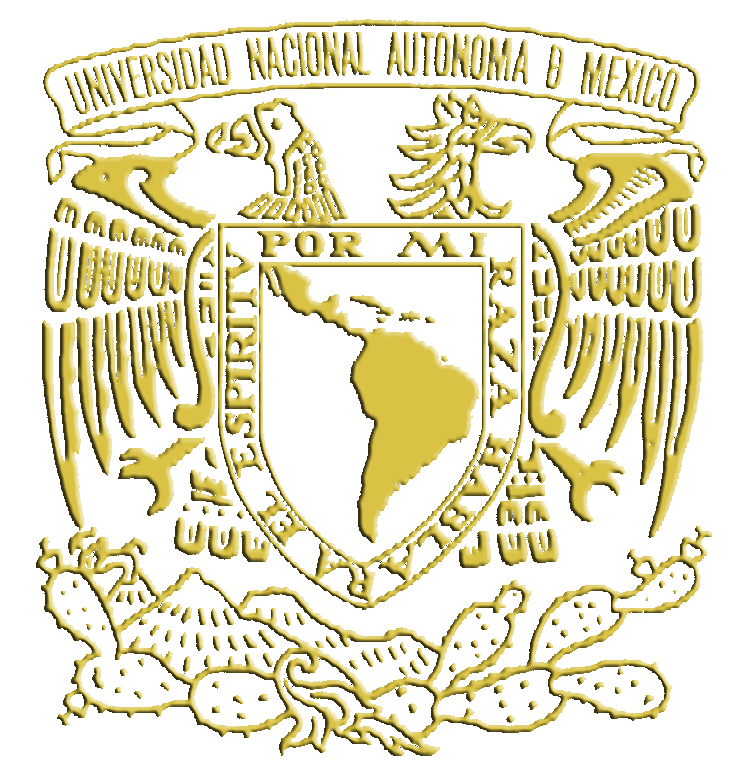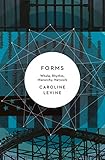Forms : whole, rhythm, hierarchy, network / Caroline Levine
Tipo de material: TextoEditor: Princeton, New Jersey : Princeton University Press, 2015Descripción: xvi, 173 páginas Tipo de contenido: texto Tipo de medio: sin medio Tipo de portador: volumenISBN: 9780691160627; 9780691173436Tema(s): Formas literarias | Forma (Estética) | Percepción de formas | Fusión cultural en la literatura | Literatura y sociedadClasificación LoC:PN45.5 | L48
TextoEditor: Princeton, New Jersey : Princeton University Press, 2015Descripción: xvi, 173 páginas Tipo de contenido: texto Tipo de medio: sin medio Tipo de portador: volumenISBN: 9780691160627; 9780691173436Tema(s): Formas literarias | Forma (Estética) | Percepción de formas | Fusión cultural en la literatura | Literatura y sociedadClasificación LoC:PN45.5 | L48
| Tipo de ítem | Biblioteca actual | Colección | Clasificación | Copia número | Estado | Fecha de vencimiento | Código de barras | Reserva de ítems |
|---|---|---|---|---|---|---|---|---|
|
|
Libros
Más de 56 mil libros sobre historia del arte nacional y universal, destacan las donaciones de Justino Fernández, Manuel Toussaint, Margit Frenk, Salvador Díaz-Berrio Fernández, James Oles, Christa Cowrie, así como de nuestros investigadores. |
General | PN45.5 L48 (Navegar estantería(Abre debajo)) | 1 | Disponible | 63859 |
Navegando Libros Estantes, Ubicación: Libros, Código de colección: General Cerrar el navegador de estanterías (Oculta el navegador de estanterías)

|

|

|

|

|

|

|
||
| PN45 V53 El desorden estético : ensayos / | PN45 W36 1966 Teoría literaria | PN45 W36 1966 Teoría literaria | PN45.5 L48 Forms : whole, rhythm, hierarchy, network / | PN4500 C47 2008 La palabra quebrada ensayo sobre el ensayo | PN4500 C565 Circuit circus circos, intelectuales y payasos | PN457 Y83 Modos de persuasion : Notas de critica / |
"fouth printing, first paperback printing, 2017"--reverso de la portada
"Caroline Levine argues that forms organize not only works of art but also political life--and our attempts to know both art and politics. Inescapable and frequently troubling, forms shape every aspect of our experience. But forms don't impose their order in any simple way. Multiple shapes, patterns, and arrangements, overlapping and colliding, generate complex and unpredictable social landscapes that challenge and unsettle conventional analytic models in literary and cultural studies. Borrowing the concept of "affordances" from design theory, this book investigates the specific ways that four major forms--wholes, rhythms, hierarchies, and networks--have structured culture, politics, and scholarly knowledge across periods, and it proposes exciting new ways of linking formalism to historicism and literature to politics. Levine rereads both formalist and antiformalist theorists, including Cleanth Brooks, Michel Foucault, Jacques Ranciere, Mary Poovey, and Judith Butler, and she offers engaging accounts of a wide range of objects, from medieval convents and modern theme parks to Sophocles's Antigone and the television series The Wire." -- reseña del editor



No hay comentarios en este titulo.